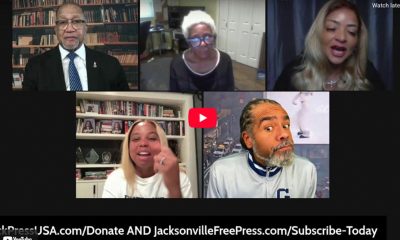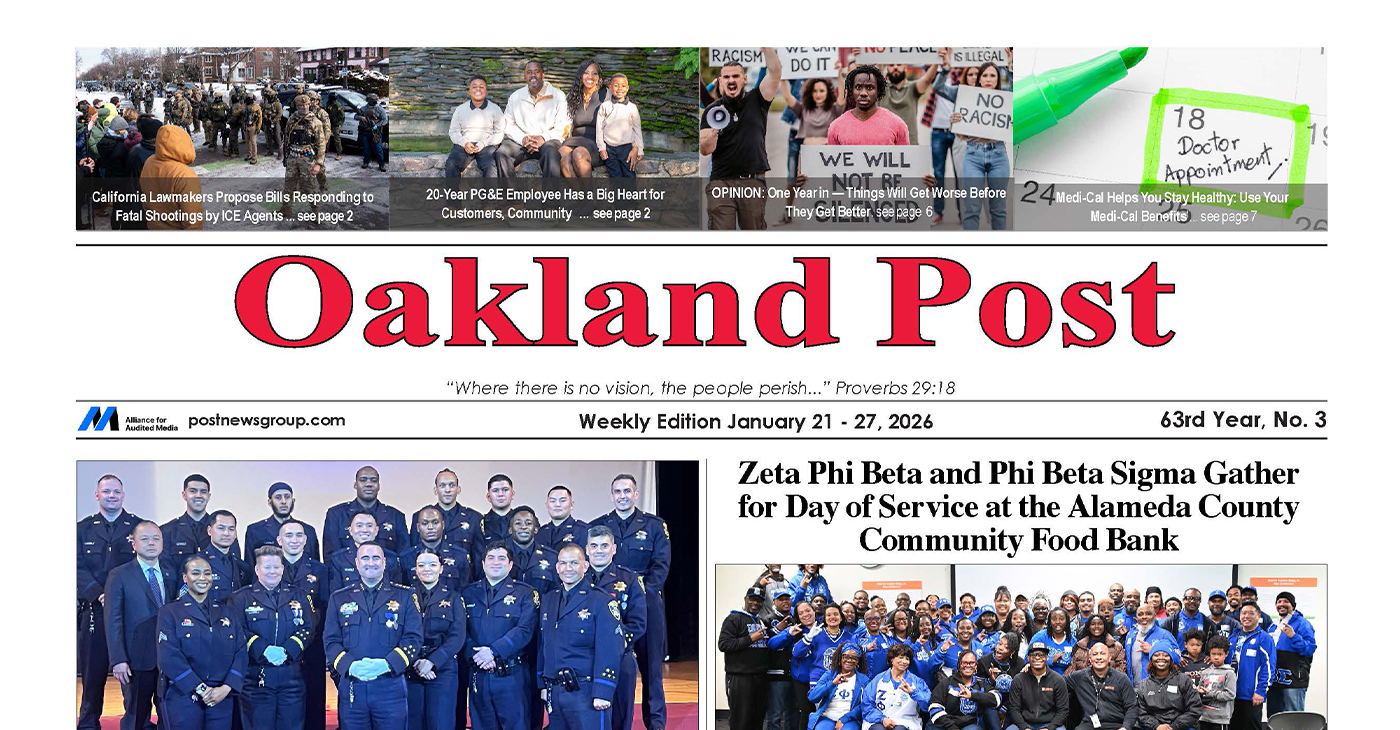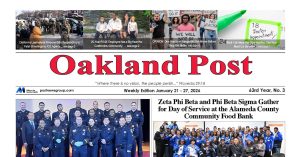Black History
Hidden History Black Museum Opens in Los Angeles
Various actors and celebrities such as Vivica A. Fox, and hundreds of other people, were on hand to celebrate the last weekend of Black History Month. Founded by Tariq Nasheed, an award-winning documentary film producer and New York Times best-selling author, the Hidden History Museum highlights current and past historical Black figures from freedom fighters, to inventors, master teachers, to founding pioneers in Black California, as well as Hip-Hop culture on the West Coast.
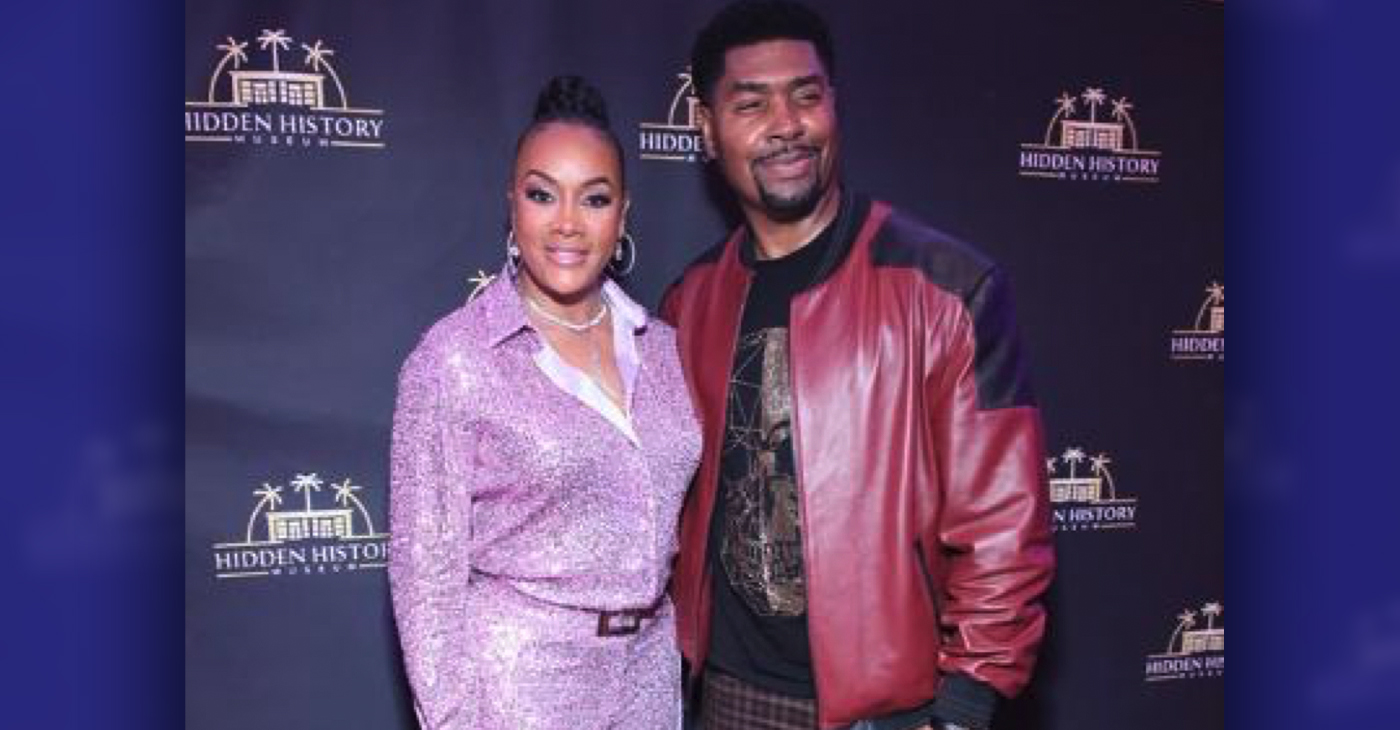
Activism
Oakland Post: Week of January 21 – 27, 2026
The printed Weekly Edition of the Oakland Post: Week of January 21 – 27, 2026
Activism
Oakland Post: Week of December 31, 2025 – January 6, 2026
The printed Weekly Edition of the Oakland Post: Week of – December 31, 2025 – January 6, 2026
Activism
Big God Ministry Gives Away Toys in Marin City
Pastor Hall also gave a message of encouragement to the crowd, thanking Jesus for the “best year of their lives.” He asked each of the children what they wanted to be when they grow up.

-
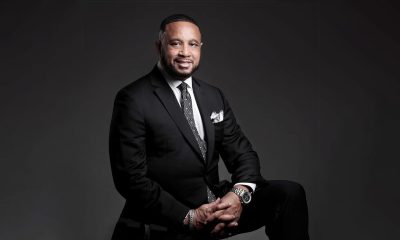
 Activism3 weeks ago
Activism3 weeks agoOP-ED: AB 1349 Puts Corporate Power Over Community
-

 Activism4 weeks ago
Activism4 weeks agoOakland Post: Week of December 31, 2025 – January 6, 2026
-
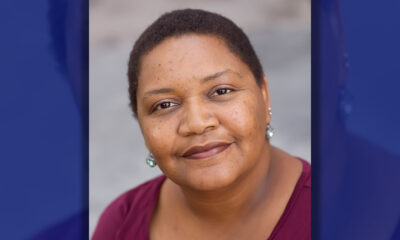
 Activism2 weeks ago
Activism2 weeks agoWhy Peace on Earth Begins with Birth, a Q&A with Midwife Nikki Helms
-

 Activism2 weeks ago
Activism2 weeks agoProtecting California’s Black Moms and Babies: Policies and Programs Struggle to Fix Deep-Rooted Maternal Health Inequities
-

 #NNPA BlackPress2 weeks ago
#NNPA BlackPress2 weeks agoJefferson County (AL) Democrats Open Qualifying for 2026 Primary Elections
-

 #NNPA BlackPress2 weeks ago
#NNPA BlackPress2 weeks agoCOMMENTARY: With Gratitude and Praise for 2026
-

 #NNPA BlackPress2 weeks ago
#NNPA BlackPress2 weeks agoFrom Civil Rights to ICE Raids, Trump’s Unchecked Power Puts Every Community at Risk
-

 #NNPA BlackPress2 weeks ago
#NNPA BlackPress2 weeks agoTravis Scott Teaches Us How to Give Forward








